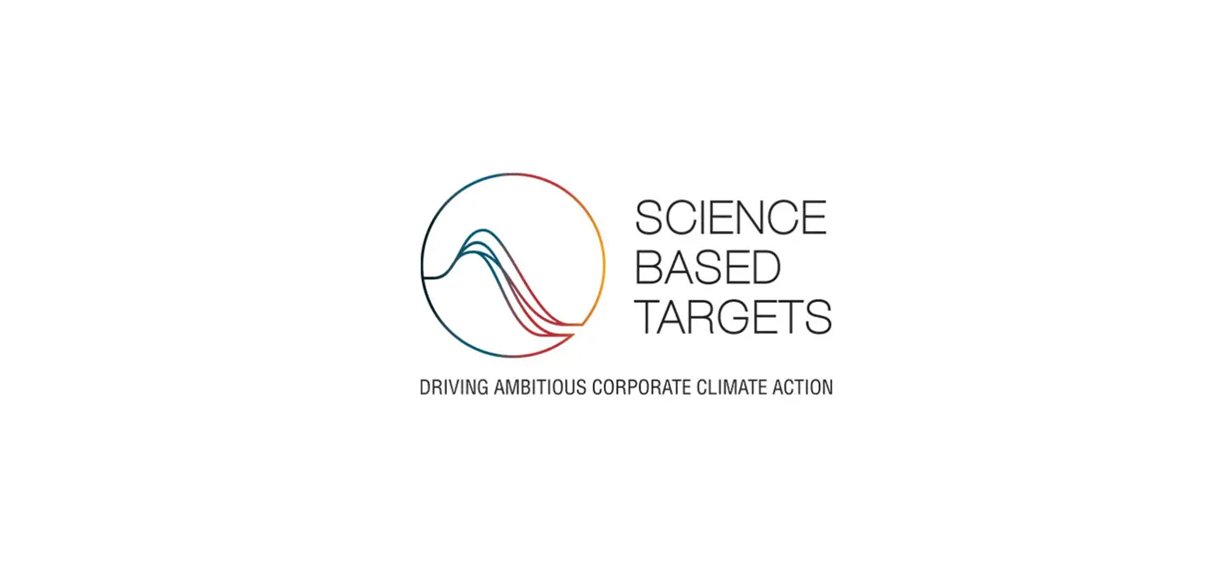Sustainable development is no longer optional. It has become a strategic imperative for organizations, driven by increasingly demanding regulations and rising societal expectations. In this context, two approaches often coexist: a reactive one, focused on compliance, and a proactive one, embedded within the company’s strategy.
From Compliance to Value Creation
Many companies still approach sustainability from the standpoint of obligation. While this position may be legitimate initially, it remains fragile. The growing complexity, instability, and international inconsistency of legislative frameworks can quickly render a purely compliance-based strategy ineffective—or even counterproductive.
Conversely, integrating environmental, social, and governance (ESG) issues into the overall strategy allows these constraints to be transformed into opportunities. The transition to a sustainable model then becomes a lever for performance, innovation, and market differentiation.

A Structured and Enduring Transformation
Successfully implementing a sustainable transformation requires moving beyond symbolic or one-off actions. It means designing a clear roadmap aligned with the company’s vision, activities, and stakeholders. This involves:
- Dedicated governance, with measurable objectives and data-driven management.
- Upskilling teams to foster ownership and engagement.
- Strengthened dialogue with all stakeholders: customers, employees, investors, local communities.
- Cross-functional integration of sustainability into business processes (R&D, procurement, operations, etc.).
This gradual yet structured approach fosters cultural change, secures investments, and enhances long-term resilience.
The Critical Role of Expertise
Expertise lies at the heart of this transformation. It is not just about mastering standards or ticking boxes, but about identifying impact levers, assessing their feasibility, and designing relevant and tailored roadmaps for each organization. This requires a deep understanding of sector-specific issues, active regulatory monitoring, and the ability to leverage appropriate methodological tools (materiality assessment, life cycle analysis, low-carbon strategies, etc.).

Acting to Create Sustainable Value
Taking action on sustainable development means choosing a path that creates both meaning and value. It also means anticipating risks and strengthening competitiveness. It is no longer the preserve of a few pioneers—it has become a major expectation from the market and from talent. Companies that successfully and sustainably integrate these issues into their strategy gain in attractiveness, credibility, and performance.
Scalian will share its expertise in sustainability at the 55th International Paris Air Show – Le Bourget 2025. Come and meet us to find out more!


